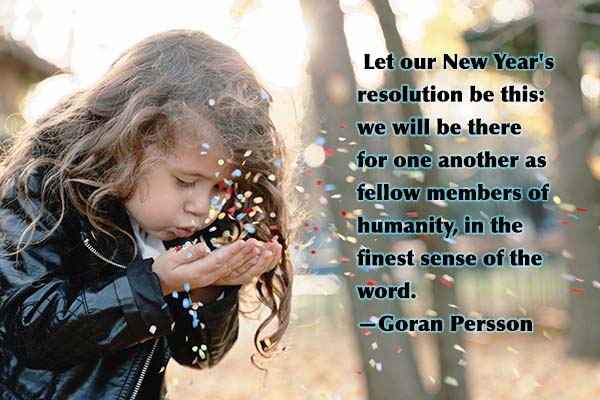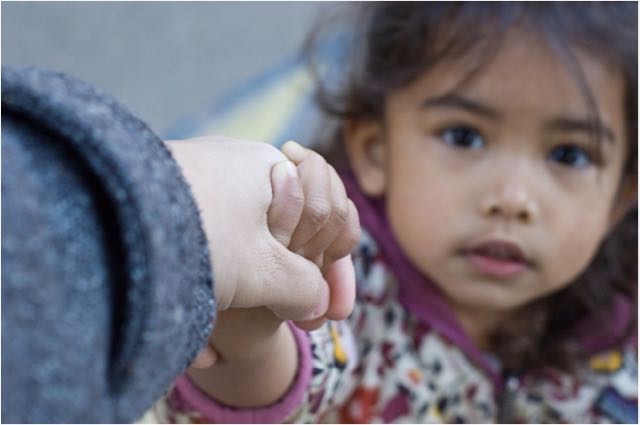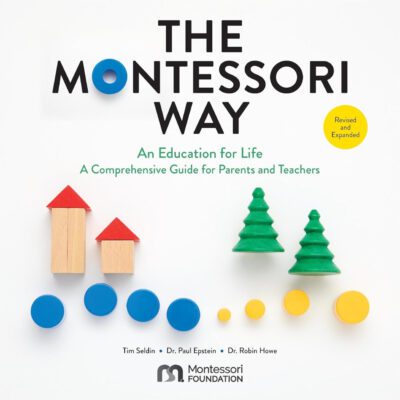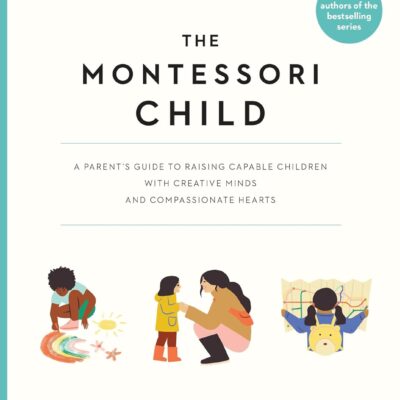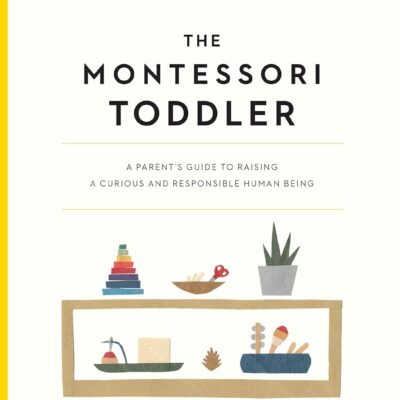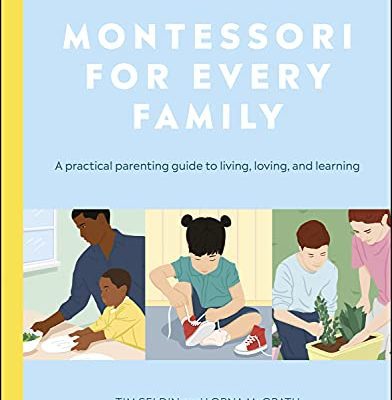RIGHT FROM THE START (0-3 YEARS)
by Alex Gallen
“It is the child who absorbs material from the world about him; he who molds it into the man of the future.” Maria Montessori, The Absorbent Mind.
As a new parent shopping for preschools, you may wonder why you should invest in a Montessori education. What differentiates a Montessori education from other private or public schools?

As a Montessori parent and guide, I can say with confidence that investing in a Montessori education is an investment in peace education to raise a citizen of the world. Maria Montessori once said, “Peace is what every human being is craving, and it can be brought about by humanity through the child.” A flower cannot blossom without sunshine, and in our classroom, sunshine is peace, and the children blossom.
Children learn peace through the continuous lessons in grace and courtesy, which is the foundation on which the classroom flows. Montessori guides focus on the child as a whole. We look at the emotional, social, and physical factors of the individual child. Grace and Courtesy lessons are the backbone of Montessori education and one of the main ingredients in building a Montessori child, but what does Grace and Courtesy mean, and look like, in the Montessori environment?
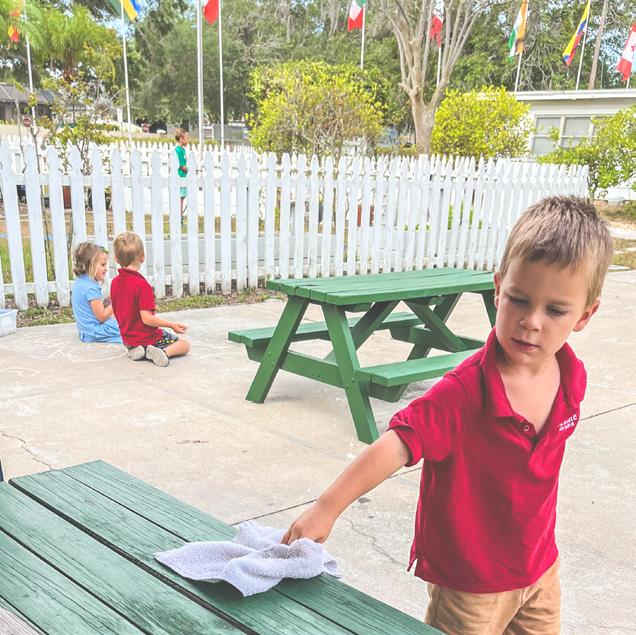
Grace and Courtesy lessons, along with guiding moments, are daily activities involving personal interactions, where children show consideration, empathy, and politeness toward themselves and others by using respectful language and manners.
Some examples of Grace and Courtesy may include: Saying “excuse me” while walking close to someone; washing hands before eating; properly unpacking a lunchbox; knocking on the door before entering the restroom; asking to join an activity politely; carrying a chair safely; properly greeting a visitor; or properly disposing of food or trash after eating. You may see a child completing an activity, politely blowing their nose, learning to sneeze by turning away from people, learning to wait for a turn, and peacefully engaged in solving a disagreement. The list can be endless, and there will always be opportunities to engage the individual child, or the whole class, in a Grace and Courtesy moment or lesson.
Maria Montessori wrote about the first plane of development, which takes place from birth to age six. Around two and a half years of age and up to six years of age, the child leaves behind the stage of infancy and self-immersion and becomes more sensitive to social interactions with peers as well as adults. A child’s mind is like a sponge, and it has the capacity to absorb a great deal from its surroundings. During this time the child shows a significant inner need for order to make sense of his environment and learn how to interact appropriately with others.

If you’ve lived and/or worked with small children, I am sure you have noticed how they respond to changes in routine. I remember a time in the classroom when we were singing the same song we always sing before eating lunch, and one child happened to be in the bathroom at that moment. When he came out of the bathroom, he was very upset that he had missed the lunch song. In this plane of development, children can become easily frustrated if they notice another individual not following directions: “Look at how Isabella is carrying her rug and work at the same time!” These moments are the best opportunity to demonstrate to children how to navigate their shock and disappointment with grace.
During the first plane of development, the window of opportunity is open for the child to absorb lessons on Grace and Courtesy effortlessly and for these graces and courtesies to become a part of the whole child.
As a parent and/or guide, how can we help children assimilate these lessons?
It is ideal to observe the child and promote positive behavior. For example, if you notice that the child is cleaning his room, you might say, “I can see that you cleaned your room, I bet you like knowing where to find everything.” It is always better to promote good behavior than to give negative attention such as, “Your room looks messy again.”
Most importantly these lessons always need to be consistent and clear. For example, if your child keeps getting up from the table during lunch, you need to model the behavior you wish to impart and stay seated while eating. Acknowledge the progress that your child makes. You might say, “It was nice having a good meal all sitting down together.” Keep the expectations consistent, changing them can be confusing and may send mixed messages to your child. If you allow your child to get up every now and then, you are basically saying this behavior is acceptable.
In our classroom, we welcome all opportunities to guide children to assimilate these graces and courtesies, guiding them to learn ways to conduct themselves in everyday society. It is vital for children to develop the appropriate social skills to be able to manage conflict resolution, cope with emotions, handle stressful situations; and be a good citizen of the world.
“It is the child who absorbs material from the world about him; he who molds it into the man of the future.” Maria Montessori, The Absorbent Mind

Alexandra “Alex” Gallen is a primary guide at NewGate Montessori School. Alex earned her BA in Psychology from the University of South Florida and is certified in Early Childhood from the Montessori Accreditation Council for Teacher Education (MACTE). Alex is originally from Lima, Peru; she moved to Florida in 2001. Alex taught Spanish for several years before getting Montessori certified and enjoys integrating Spanish into her lessons. Alex first came across the Montessori Method while looking for schools for her children, and she made it her mission to raise her three children this way.

